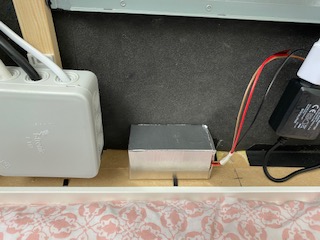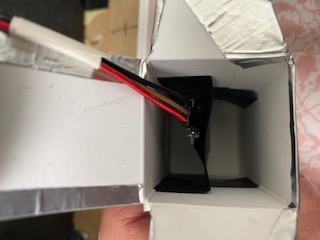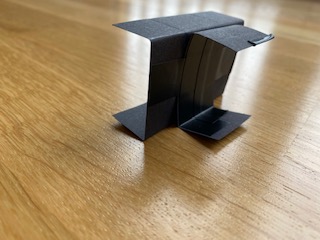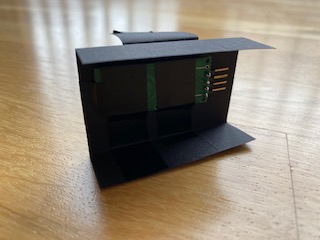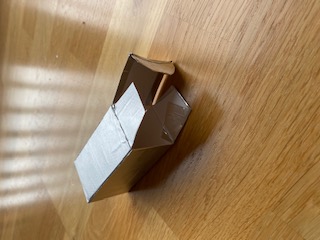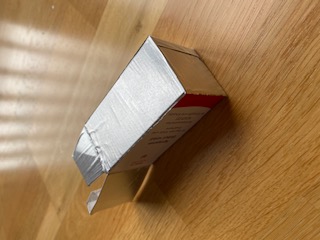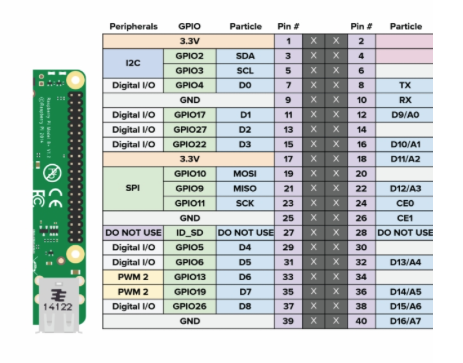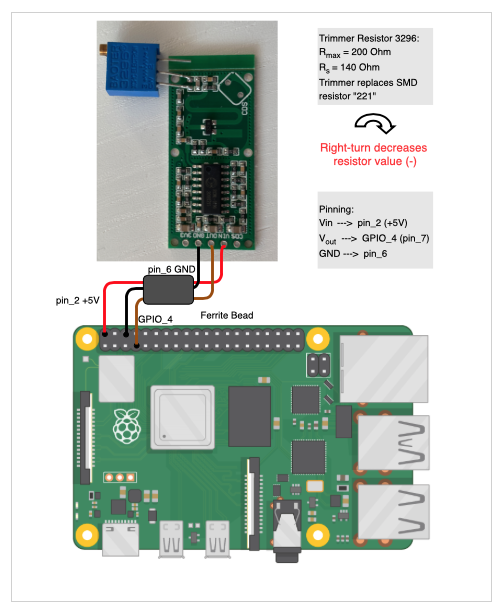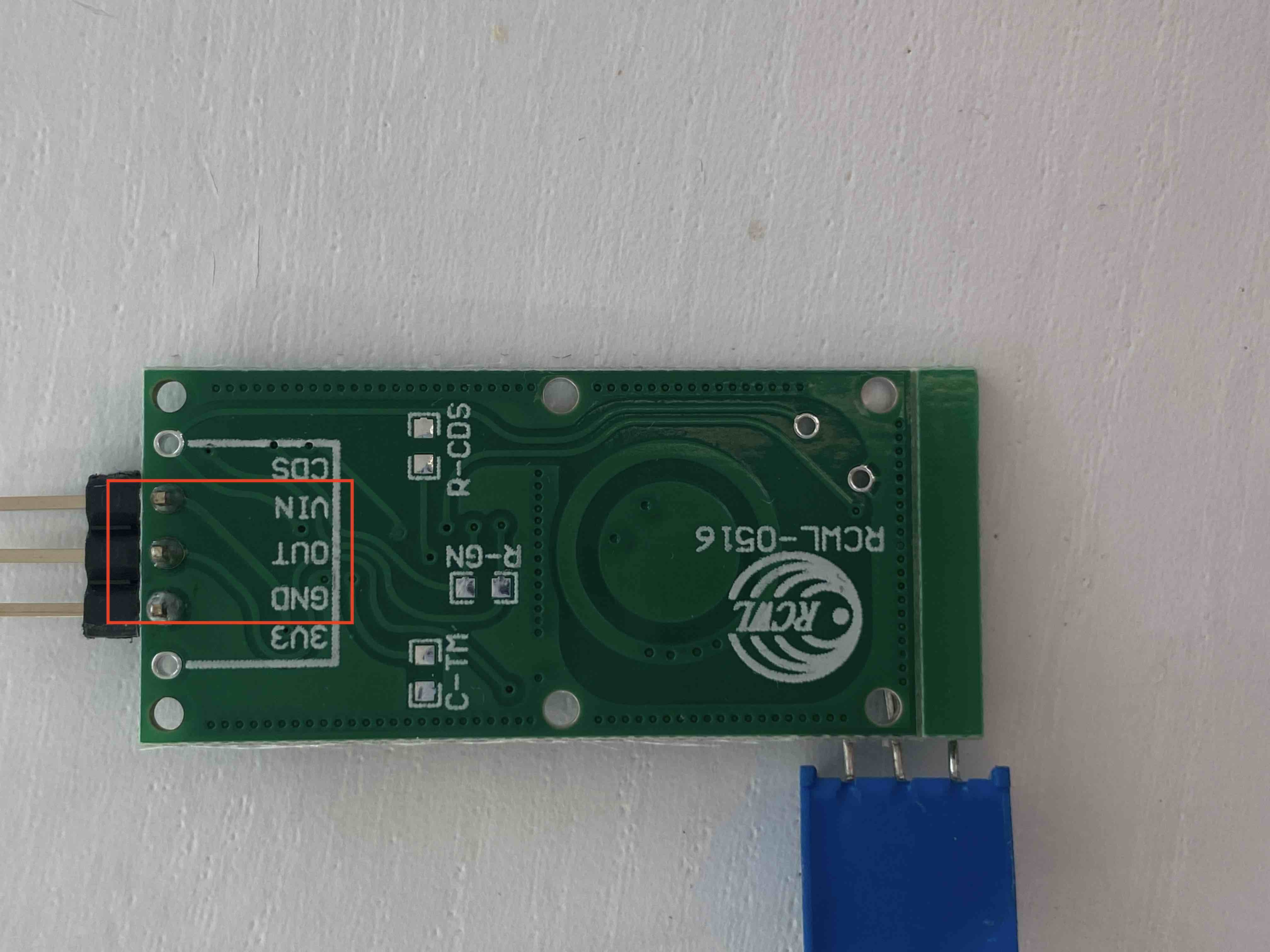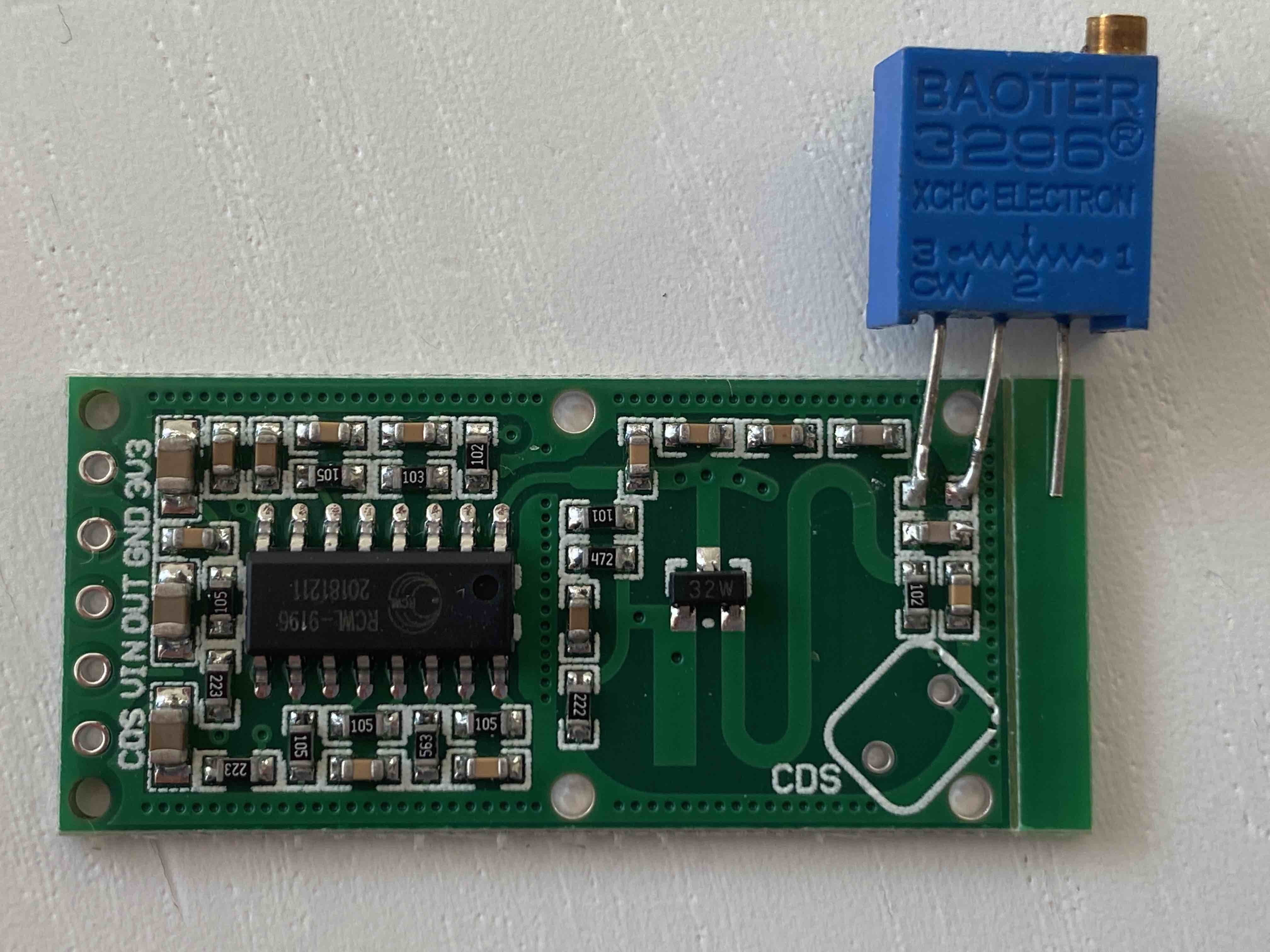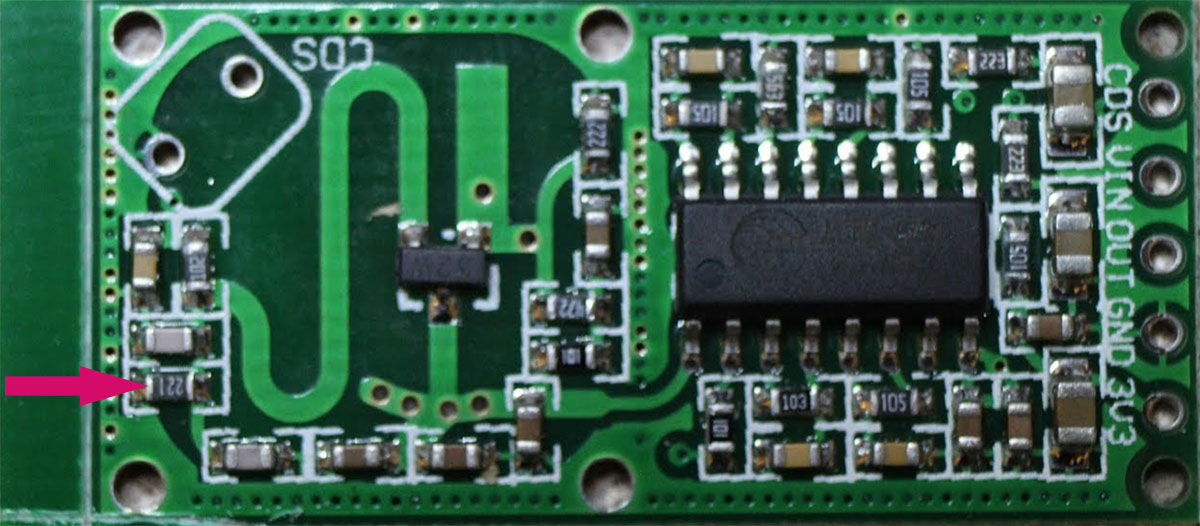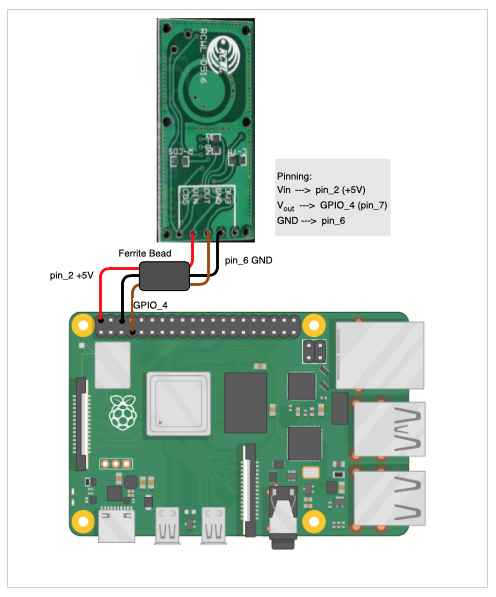Read the statement by Michael Teeuw here.
UPDATE: Replaced my PIR-Sensor with a Doppler Microwave Sensor.
-
@Fozi said in UPDATE: Replaced my PIR-Sensor with a Doppler Microwave Sensor.:
sooner than expected I modified the sensor with a trimmer resistor.
For that I also updated my initial post and enhanced the tutorial, where now both options are described.Dude, (can I call you dude?) although I don’t use a sensor (I have a cam on my first mirror w/Pi) I appreciate what you’ve done here. I’ll say it again (in different words), I think this is the death knell of the PIR sensor. So, thanks. :thumbsup:
Peace!
-
@cowboysdude I‘m totally happy that I cold help and to receive so positive feedback! I love it when a plan works!😁 Thanks!
This T-shaped holder, is it 3D-printed or an off-the-shelf available part? It‘s totally cool! -
@Mykle1 said
Dude, (can I call you dude?) although I don’t use a sensor (I have a cam on my first mirror w/Pi) I appreciate what you’ve done here. I’ll say it again (in different words), I think this is the death knell of the PIR sensor. So, thanks. :thumbsup:
Sure, call me Dude, if you like😁
Let‘s get the warts outta here!🤣 and thanks for the overwhelming feedback!
-
Ok so here’s my final and it’s working perfectly! I tried it in various spots.
Thanks to @Fozi again…now there’s a very complete forum topic that anyone can follow!!
I added 2 additional layers of aluminum tape… there are no untaped spaces on the box anywhere… then moved it to the back of the cabinet and now you have to walk up to it to make it come on… PERFECT!! :)
I tried behind the glass… too sensitive
I tried taped to the back of the monitor … too sensitive.
Moved to the back of the cabinet which makes it about 4" away from the glass… BINGO!![PS… don’t mind my ugly wiring LOL]
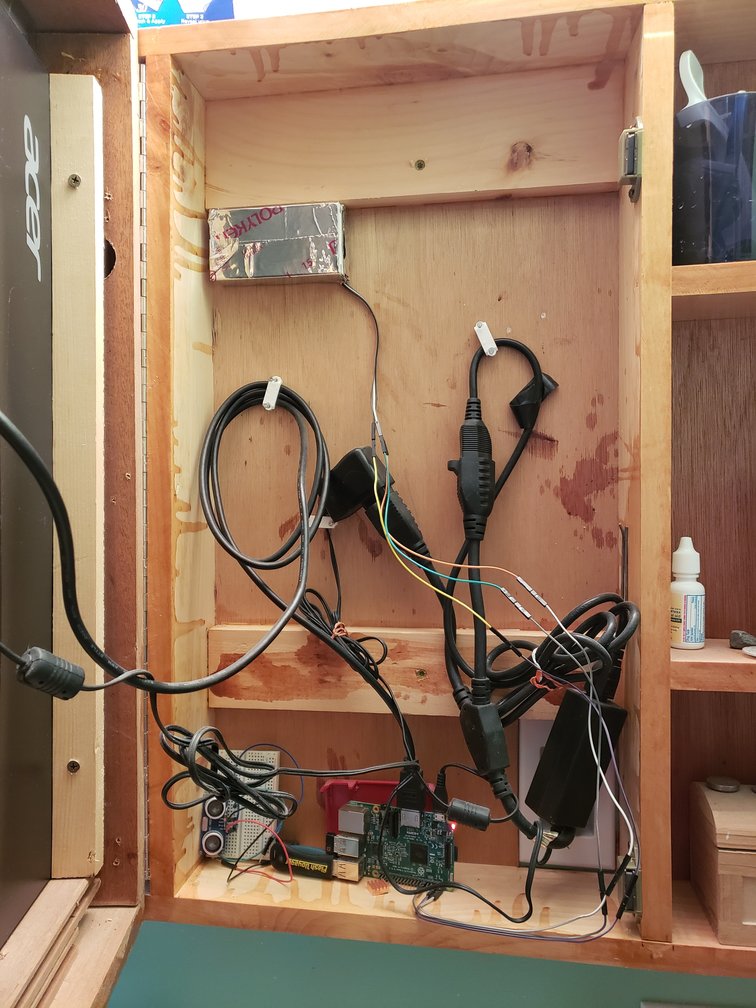
-
@cowboysdude Great News, excellent!👍🏻
-
@cowboysdude
am I seeing it right that also the side of the case looking at you is aluminium taped?
So the whole case is taped in your case? -
@cowboysdude @Fozi Guys, which module are you using for the recognition?
I can’t get neither MMM-PIR-Sensor nor MMM-PIR to work currently. Both have the same problem with epoll which is installed via the node module “onoff”, if I see correctly.
What are you using?
THe mirror won’t load with any of the modules activated giving the errorThe module '/home/pi/MagicMirror/modules/MMM-PIR/node_modules/onoff/node_modules/epoll/build/Release/epoll.node' was compiled against a different Node.js version using NODE_MODULE_VERSION 67. This version of Node.js requires NODE_MODULE_VERSION 64. Please try re-compiling or re-installing the module (for instance, using `npm rebuild` or `npm install`).@cowboysdude I remember you’re using your own script?
@Fozi you?node v 11.4.0
npm v 6.13.0 -
@lavolp3 I use my own for that… it’s not a module but it’s right here.
https://github.com/cowboysdude/Pir-Sensor
Easy to follow :)
The box is just a cardboard box taped with alum duct tape. I am however waiting for my trimmer resister so I can tune it down and take it out of the box. I only want the mirror to come on when someone walks up to it…say like 2 ft. away… so it doesn’t come on when I walk by the bathroom doorway… looks more like a pro thing :)
-
@lavolp3 I use MMM-PIR-Sensor without any modifications. Are you using @paviro master oder any other fork of the module?
As I see, you have more recent npm/node versions installed.
I am still on node 10.17.0 / npm 6.11.3.Edit: I’d recommend to try the script from @cowboysdude . It is robust against any node.js stuff as it written in python.
-
This post is deleted!
